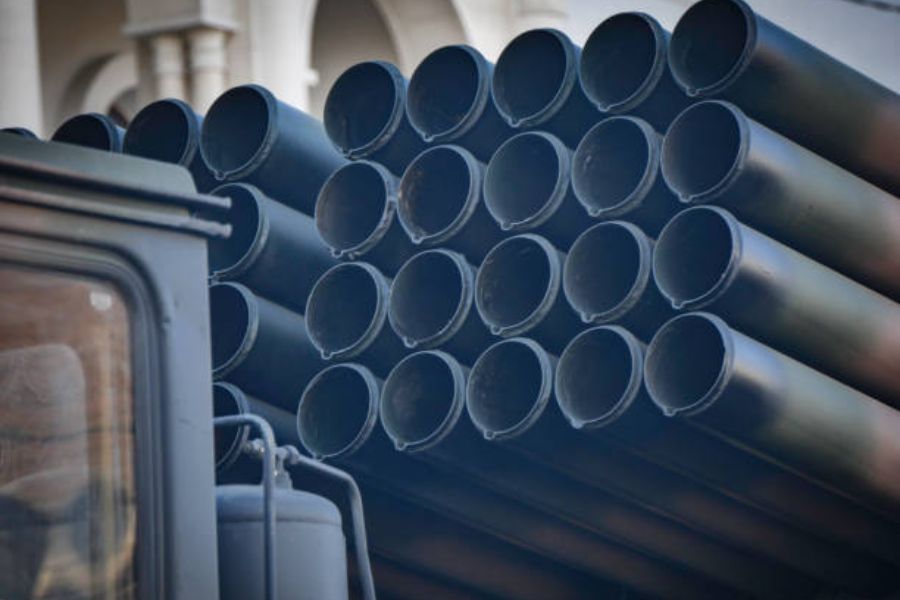Introduction to CPVC Pipe
CPVC stands for Chlorinated Polyvinyl Chloride, which is a type of plastic pipe used for various plumbing applications. CPVC pipes are known for their durability, affordability, and resistance to corrosion, making them popular in both residential and commercial projects.
Composition of CPVC Pipe
CPVC pipes are made by chlorinating PVC resin, a process that increases the chlorine content in the material. This added chlorine makes the CPVC pipe more heat-resistant and able to withstand higher temperatures than traditional PVC pipes.
Benefits of CPVC Pipe
One of the main advantages of CPVC pipes is their thermal resistance, which allows them to handle hot water and steam without deforming or bursting. CPVC pipes are also easy to install, lightweight, and have a long lifespan, reducing the need for frequent replacements.
Applications of CPVC Pipe
CPVC pipes are commonly used for hot and cold water distribution systems, as well as for industrial applications that require high-temperature resistance. They are also used in fire sprinkler systems, chemical processing plants, and residential plumbing projects.
Installation of CPVC Pipe
Installing CPVC pipes is a straightforward process that does not require any special tools or skills. The pipes can be cut, glued, and connected using simple fittings, making them a popular choice for DIY enthusiasts and professional plumbers alike.
Maintenance of CPVC Pipe
One of the benefits of CPVC pipes is their low maintenance requirements. Unlike metal pipes, CPVC pipes do not corrode or rust, and they are resistant to most chemicals. This means fewer leaks, repairs, and replacements over time.
Cost of CPVC Pipe
CPVC pipes are an affordable plumbing option compared to other materials like copper or stainless steel. The initial cost of CPVC pipes and fittings is relatively low, and their long lifespan can result in significant cost savings over the years.
Environmental Impact of CPVC Pipe
CPVC pipes are eco-friendly options for plumbing systems, as they can be recycled and reused. The production and installation of CPVC pipes also have a lower carbon footprint compared to other materials, making them a sustainable choice for environmentally conscious consumers.
Comparison to Other Types of Pipes
In comparison to other types of pipes like PVC, copper, and PEX, CPVC pipes offer a unique combination of benefits such as heat resistance, cost-effectiveness, and ease of installation. Depending on the specific needs of a project, CPVC pipes may be the ideal choice.
Conclusion
In conclusion, CPVC pipes are versatile, durable, and cost-effective plumbing materials that are widely used in residential, commercial, and industrial applications. With their high-temperature resistance, low maintenance requirements, and eco-friendly properties, CPVC pipes are a smart choice for any plumbing project.
Quote Inquiry
Contact us!

